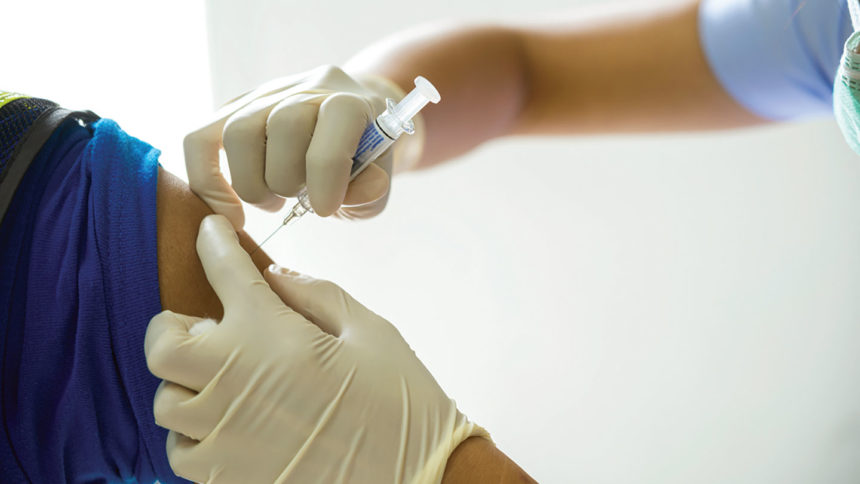
The World Health Organization (WHO) has given Novavax approval for its updated COVID-19 vaccine. This occurred as the prevalence of a highly mutated COVID variant has tripled in the past two weeks, according to new data.
The Novavax updated vaccine received emergency-use authorization by the WHO on Thursday. It is a protein-based vaccine approved for people ages 12 and up. Last month, it was authorized for use in the United States, Reuters reported. An emergency use classification can expedite regulatory approvals to import and distribute the shots to member states, WHO said.
The Novavax shot is based on a protein technology and not an mRNA foundation like the Pfizer and Moderna COVID-19 vaccines.
The news about the Novavax COVID-19 vaccine comes as new data shows that about 1 in 10 new COVID-19 cases are attributed to the BA.2.86 variant, the US Centers for Disease Control and Prevention reported Monday. The variant is on the move the quickest in the Northeast, as more than 13% of COVID-19 cases in New York and New Jersey are from the BA.2.86 variant.
Other recent new COVID-19 cases were from the XBB variant and its descendants, such as the HV.1 and EG.5 variants.
According to the CDC, the estimate of cases from BA.2.86 have tripled since Nov. 11.
Still, “it is important to note that early projections tend to be less reliable, since they depend on examining growth trends of a smaller number of sequences, especially as laboratory-based testing volume for SARS-CoV-2 has decreased substantially over time,” the agency noted in an update on the variant.
Data on the variant suggests the new variant doesn’t lead to more severe illness compared to variants of the past, the CDC said. The CDC also said the BA.2.86 variant has a “low” public health risk.
In recent weeks, scientists have been analyzing an increase in a BA.2.86 descendant called JN.1. In fact, that variant has become the fastest-growing subvariant worldwide.





